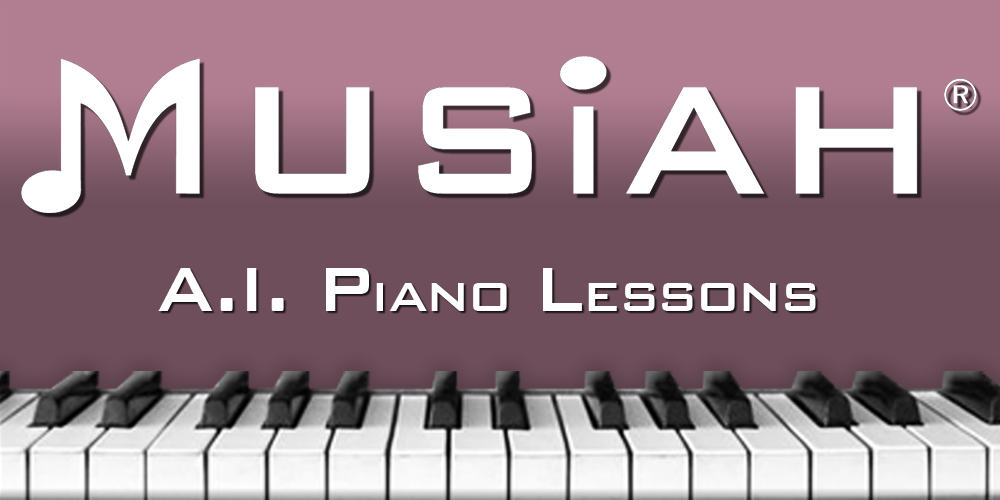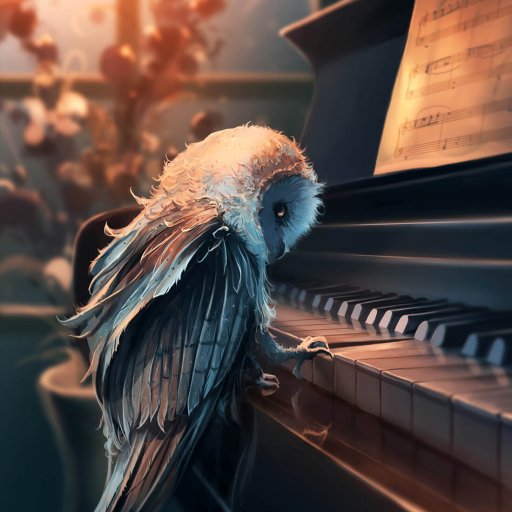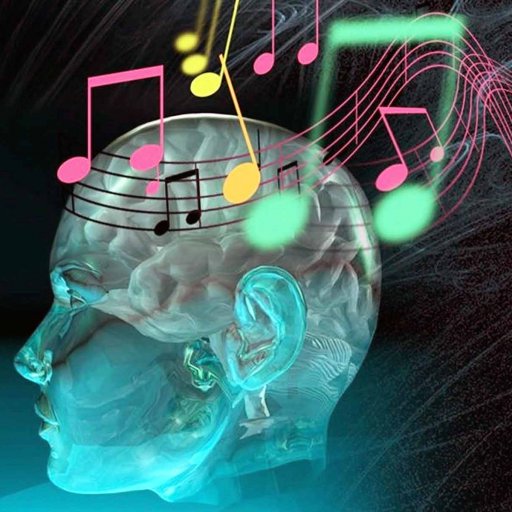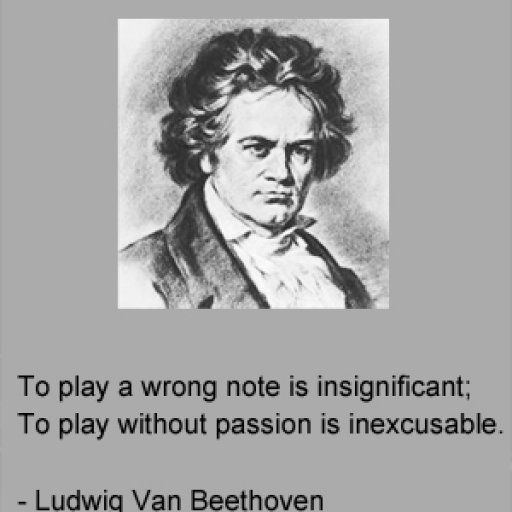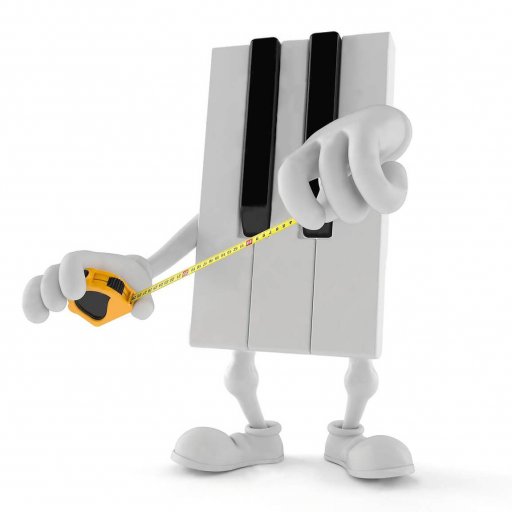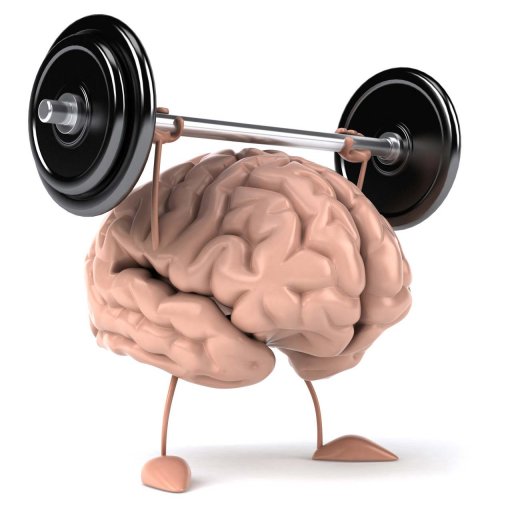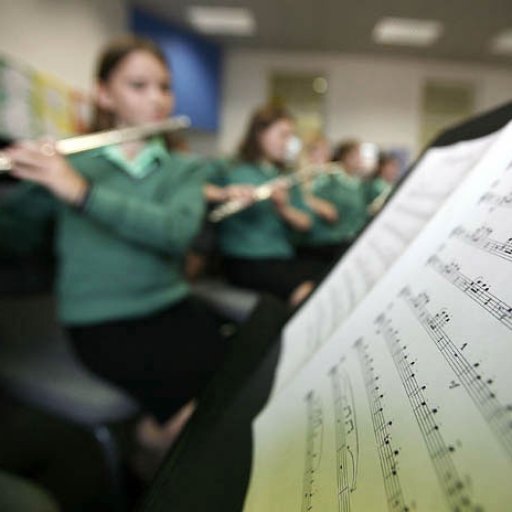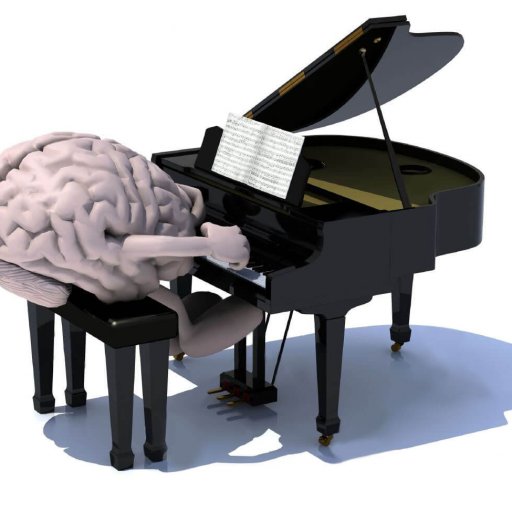Piano Lessons And Patience: Learn Both You Must
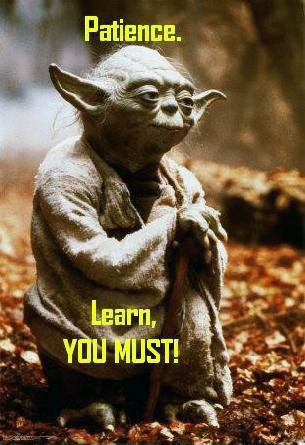 In the last few years, through my day-to-day role in which I look after and communicate with customers around the world, I have observed a disturbing trend, especially among adult students.
In the last few years, through my day-to-day role in which I look after and communicate with customers around the world, I have observed a disturbing trend, especially among adult students.
As a global society, we have lost our ability to focus and instead are becoming increasingly impatient, which leads to shorter concentration spans and ultimately learning difficulties — not necessarily in any clinical sense, but more through habits that can be changed — and for which we are ultimately responsible if we choose not to change them.
To put this in context… it’s a sign of the times in which we live that fewer and fewer people seem to be able to hold a conversation or focus their attention on one task for more than a couple of minutes without checking their phone / email / facebook status / twitter account or all of the above (and sometimes more).
And we have become so used to doing this that we consider it normal.
In fact, many of us have deluded ourselves into believing that in so doing, we have evolved into masters at multi-tasking — that we can cope with all of these distractions and still perform our work and / or study commitments optimally.
Sadly, nothing could be further from the truth.
We Can Only Focus On One Thing
This misconception begins with the false belief that we can cope with more than one thing at a time. This is simply not true. We can only focus on one thing at any given time.
When we think we are multi-tasking, we are really just rapidly switching our focus from one thing to the next thing, and the next. I call this sub-optimal tasking.
It kills our ability to listen deeply, to absorb information and to allow new knowledge and skills to be assimilated and to permeate into the core of our being.
You cannot become one with that which you seek to learn (or do an outstanding job) while simultaneously switching your focus rapidly between several different interruptions or distractions.
Yet everything in life is becoming more instant.
For example, in most piano lessons apps, feedback on your mistakes is displayed instantly on the screen – which panders to our increasing desire to have everything given to us instantly — right NOW — because we can’t bear to wait a moment for anything (e.g. to be taken through the passage step by step by a caring teacher who will help you uncover and address the underlying issues).
And by providing feedback instantly in this way, these applications lull you into a false sense of security by wrongly inferring that by glancing at the feedback for two seconds, you can absorb the fifty or so mistakes being shown and gain an understanding of the underlying causes of those mistakes which will lead you to becoming a better pianist — instantly (if only this were true).
The Lost Art Of Patience
This is all part of a syndrome in which we have lost our ability to focus on one single solitary task for any extended period of time. And there is a simple pre-requisite in order to regain this ability – patience (or as I call it... the lost art of patience).
"But I want my results now. I don’t have time to listen to feedback or to follow instructions. Heck, I barely even have time to do this lesson. Oh hang on a tick, I’m receiving a text… Oh look, there’s an email too"... Or so goes the perennial sub-text of the incessant background chatter in more and more students’ minds.
So if students (especially adults) are becoming increasingly impatient, which in turn reduces our ability to focus, how do you spot an adult who fits this description (or assess whether you are one yourself)?
How To Spot An Impatient Adult
Typically, impatient adults speak extremely quickly (because they don't have the time to focus on any one sentence for too long, so they need to get the words out quickly).
And in conversation, they dart from topic to topic like a bee moving from flower to flower, except the bee would have to be high on speed to replicate such a frenetic pattern of sub-optimal tasking, which would in turn result in the bee leaving behind most of the pollen on each flower they briefly touch upon.
An impatient adult often has difficulty with simple setups, e.g. connecting a MIDI keyboard to their computer or iPad, or installing software, because they are too hectic and flustered to read the instructions on the screen in front of them.
An impatient adult will be quite likely to want to skip the earlier lessons despite being unable to play those pieces. As I recently explained to one such student…
“A student who wants to, on the one hand, skip the lesson but, on the other hand, still needs help to play the piece is always going to be frustrated… As the old joke says, God grant me patience... but I want it now!".
An impatient adult will commonly excuse their shortcomings (which prevent them from following even basic instructions) with false notions about their individual ‘learning styles’ such as...
- “I’m not one of those students that learns in a linear fashion” or
- “I find it easier to relate to courses that are broken up into bite-size chunks from which I can cherry pick the bits I want to learn”.
The Myth Of Learning Styles
Interestingly, while the Musiah course of piano lessons is broken into bite-size chunks, the chunks and the order in which they are learned is mapped out for students. This is because, cherry picking the bits one would like to learn is ultimately an unsustainable concept.
For example, could you imagine enrolling in the armed forces or the police and then being so presumptuous as to tell your commanding officer that you wish to ‘cherry pick’ the bits of the training you would like to undertake — because that’s your 'learning style’?
Now that’s what I call ‘cruising for a bruising’. It is impatience and inability to focus gone mad.
Additionally, the fact is, regardless of your learning style (if there is such a thing), you can still only learn one thing at a time, do one thing at a time and focus on one thing at a time.
Now, the Musiah piano lessons course is an example of a pre-determined course that maps out a path for students to follow.
Question:
Which student is more likely to quickly build their knowledge and skills to become proficient at reading sheet music and playing piano within the shortest possible time?
A) The student who has the patience and wisdom to trust his / her teacher and allows their teacher to guide them from one strategically chosen task to the next, focusing only on the current task at any given moment
OR
B) The student who ‘cherry picks’ randomly selected bits of the course much like a headless chicken running around and around in circles?
Only Patience Results In Effective, Rewarding, Enjoyable Learning
Only patience, giving each task the time and focus it deserves, will result in effective, rewarding, enjoyable learning.
By calmly, patiently going step by step through each lesson, you will achieve the best results by far, and you will do so in the shortest possible time.
Perhaps in some ways this advice is reminiscent of the old story about the hare and the tortoise (ultimately the tortoise wins the race).
However you choose to conceptualize the dynamics of learning piano, the simple truth is...
The slower you practice, the quicker you learn.
So I encourage you, and every student, to SLOW DOWN and enjoy the journey.
And the process of learning piano — if you give it the focus it deserves — will in turn teach you patience.
If you (dear reader) would like to embark on your own piano lessons journey while also discovering and developing the lost art of patience, I warmly invite you to take our Online Piano Lessons 14 Day Free Trial.
And of course, if you have any questions for me personally, please feel free to contact me directly.
Thanks for reading,
Brendan Hogan L.Mus.A, A.Mus.A.
Piano Teacher & Musiah Inventor
HELPFUL LINKS
Piano Lessons Or Keyboard Lessons – What's the difference?
Weighted Keys Vs Unweighted Keys
Getting Started (What equipment do I need?)
MIDI Keyboard Requirements for Musiah
The 3 Different Kinds Of Keyboard Lessons
RECOMMENDED ARTICLES
Online Piano lessons – Do They Work?
Piano Lessons For Adults
Piano Lessons For Kids
Piano Lessons For Beginners
Advanced Piano Lessons
Free Piano Lessons (on piano technique)
The Best Piano Method
The Best Piano Learning App
Learning To Play Piano As An Adult – Why it's easier than you think!
